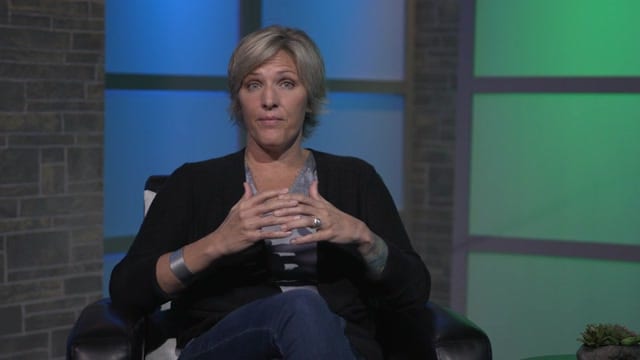
Danielle Strickland shares how she originally thought God was angry and disappointed with her.

Danielle Strickland shares how she originally thought God was angry and disappointed with her.
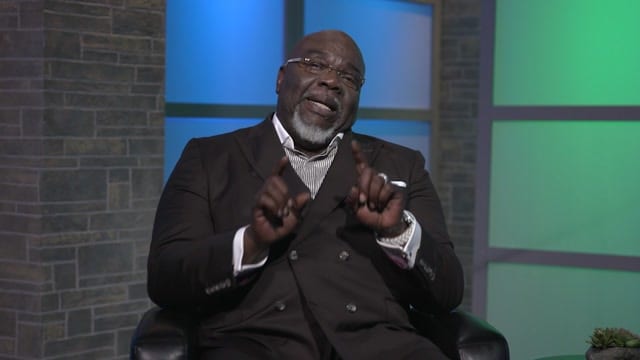
T. D. Jakes shares key principles for leaders to keep in mind when delegating to others.

Every Tuesday and Thursday morning at 8:30 am CST, our staff gathers together to pray for our partners across the globe.
Please join us in prayer as we lift up the international Summit events happening this weekend. Pray for God’s anointing on every detail and that those who attend would leave feeling equipped, inspired and encouraged to lead the change they long for in their communities.
And if you have a prayer request, please share it with us. We would be honored to pray with you!
Brassall, Australia
Bell Post Hill, Australia
Leaders need the GLS anywhere, but particularly in Australia because I think leadership in our rapidly changing culture is incredibly challenging. The definition of Australia is the ‘Great South Land of the Holy Spirit,’ but in many ways, we’re a secular nation. We need the gospel now more than ever. I pray for a God-honoring revival in our nation. People are desperately hungry for God even though they might not say it in those terms.
Waratah, Australia
Cannington, Australia
Lagos, Nigeria
Tauranga, New Zealand
Somerset West, South Africa
Richards Bay, South Africa
Vanderbijlpark, South Africa
Kearneys Spring, Australia
North Lakes, Australia
Springwood, Australia
Robina, Australia
Durban, South Africa
Jersey, United Kingdom and Ireland
London Battersea, United Kingdom and Ireland
Newcastle, United Kingdom and Ireland
Belfast, United Kingdom and Ireland
Bolton, United Kingdom and Ireland
Stafford, United Kingdom and Ireland
Swansea, United Kingdom and Ireland
Dublin, United Kingdom and Ireland
Serekunda, Gambia
Zaria, Nigeria
Lagos, Nigeria
Ado-Ekiti, Nigeria
Port Harcourt, Nigeria
Yola, Nigeria
Ikorodu, Nigeria
Nigeria, like any other African country, has a leadership problem. Corruption is one of the major challenges we have in Nigeria. It is one of the reasons we have so much poverty. The quality of our nation depends on the quality of the leaders we are raising.
Kochi, India
Secunderabad, India
Eldoret, Kenya
Mombasa, Kenya
At the GLS I’ve seen things that are broken get mended, especially in church. Pray for brokenness to be mended.
Akute, Nigeria
Mumbai-Central, India
Delhi-Central-DBI, India
Novi Sad, Serbia
My grander vision over the next 10 years is to see the Summit increasingly become a tool of encouragement for young people to help them develop their potential, see their gifts and talents, and trust more in God for the future. With God’s help, they can realize they can make a difference in society. Through the Summit and other activities, we can encourage people to be role models for the next generation.
Kirrawee, Australia
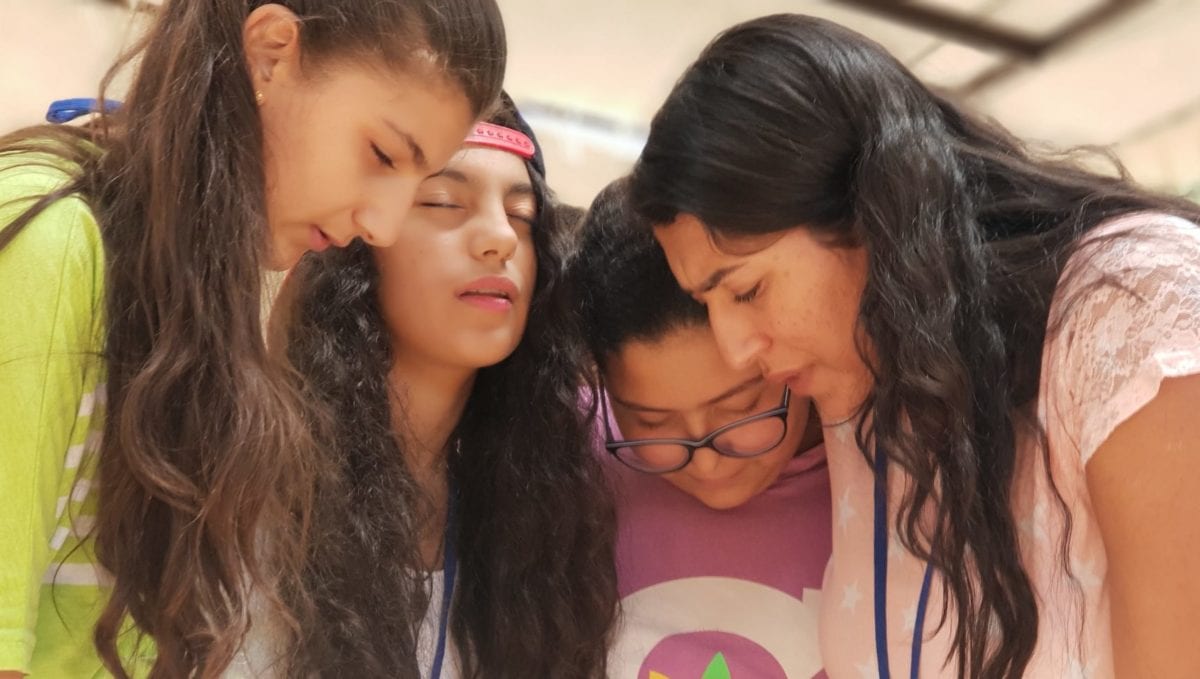
The Middle East is weak on preparing people for leadership. In our part of the world, when you say “leader,” people think of a political leader or a church leader, but you rarely find people who would consider that anyone could be a leader and have influence.
My vision for a better Lebanon is when people really start to see and believe everyone has influence. Unfortunately, we only think of people in high positions as people of influence. But to see a change in society, we need every man and woman to know they have an influence. Every wife should know she has influence. Every husband should know he has influence. Every child should know they have influence. We, as parents, need to see leadership in our children. We need to see leadership in others. Spouses need to see leaders in each other.

When we see that everyone has influence, we will change; we will want to grow and be better whether in our personal life or in society. And this is why we host The Global Leadership Summit.
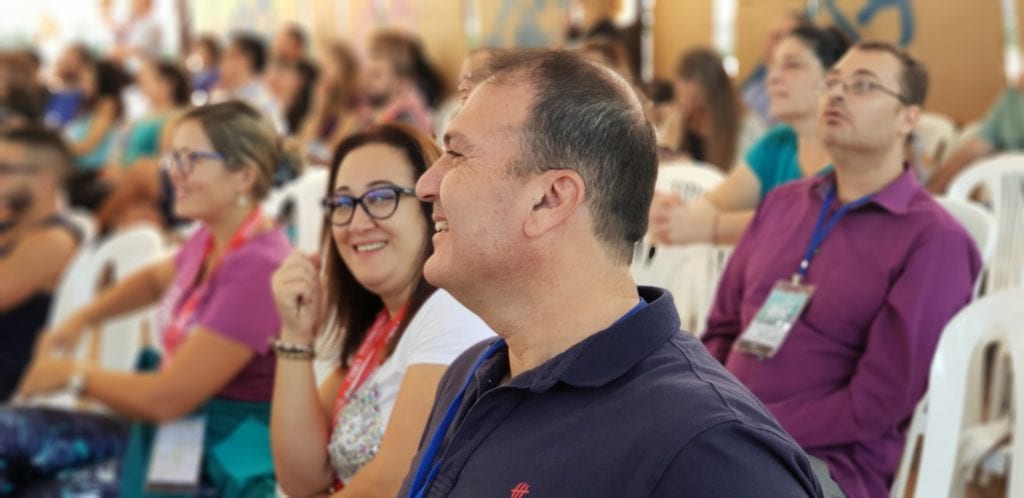
At Resurrection Church Beirut – RCB, we believe in leadership and equipping people. But in order to do that you need leadership development. The Summit is great tool where leadership training and knowledge are given from top notch leaders and speakers from around the world.
Afterwards, we heard how this teaching has made a change in people’s lives.
Our senior pastor, Rev. Hikmat Kashouh, was part of the formation of the KPN (Kingdom Partnership Network) that was formed of six other main evangelical churches and head churches in Lebanon. Together, they joined forces to host the first Summit in Lebanon. Each one was also in charge of promoting the Summit within their congregation and community.
In March 2018, we hosted our first Summit event, and 230 people showed up from various sectors including business, media, healthcare, government, university, banking and various church denominations. These leaders came not only from Lebanon, but we also hosted refugees from Iraq and Syria.
Afterwards, we heard how this teaching has made a change in people’s lives. Even though the Summit was only one day, it only takes one word to change your life. People gained a new perspective on leadership. Praise God it was really successful! In fact, many more wanted to come, but the site could not host more people. People are already signed up for the next one!

I am a different person now. I have gained more wisdom, more patience and a more understanding attitude. My perspective has changed. I’m a person who likes to see others grow. I’m a better leader, wife and mother.
I am a different person now. I have gained more wisdom, more patience and a more understanding attitude.
The people who are closest to you are the ones to judge you better than yourself. My husband commented a lot on the change he has seen in me. My pastor also commented on the changes happening in my personality and my character. Even my friends have noticed. The comments I used to hear were about my skills, and my potential, but the comments I hear now are more related to my personality and my character. This means more to me than having skills because you might have a lot of skills, but if you have a bad character it can be a disaster. I still have more work to do; I am still learning.
I am sure the GLS will make a change in your life just as it did in mine. So I would encourage you to take this step and attend the GLS Summit and see what God will do in your life. If I could give a message of hope to the people of Lebanon, I would say this:
I know that you are going through a lot, and that you have been through a lot. I know we are living very stressful lives. I know the economic situation is not helping you. I know society sometimes doesn’t have mercy on you. But I can tell you there is a hope for you. If you are really in pain and want to have change in your life and to see a change in the world, you need to start with changing yourself. I would really encourage every woman, man, and young person in Lebanon to take a step and to attend the Global Leadership Summit to really become a better person and a better leader in your life, family, work, neighborhood, church and wherever you are.
The church in general in Lebanon has been the first institution to take a step to serve these refugees.
The difference between a bad leader and a good leader is that a bad leader will only make followers, a good leader will make leaders.
Our senior pastor, who helped bring the GLS to Lebanon, is a visionary man with a heart to serve the people. He is kingdom minded. With the crisis in the Middle East, fighting in Iraq, Syria and other countries, many refugees have come to Lebanon. The church in general in Lebanon has been the first institution to take a step to serve these refugees.
Our church took a bold step in this area and we went to the refugees to serve them with all means possible: food, shelter, medical aid and a wide range of counseling and services. We also started campuses near the refugee camps to be closer to serve them.
As a result, they started to see the love of the people toward them and the forgiveness the Lebanese people had toward them, they started experiencing the love of Jesus, and His love is transforming their lives. Our church is formed of 1,200 people from Lebanon and different Arab and foreign countries. And to continue to serve the followers and members who are no longer in Lebanon, we go live on a Christian TV channel every Sunday morning and live stream on Facebook and YouTube as well.
I want to thank all the supporters, donors and believers in the GLS. I know if it wasn’t for your support, your giving, your prayers and for all the work you have been doing these years, GLS wouldn’t be where it is today.
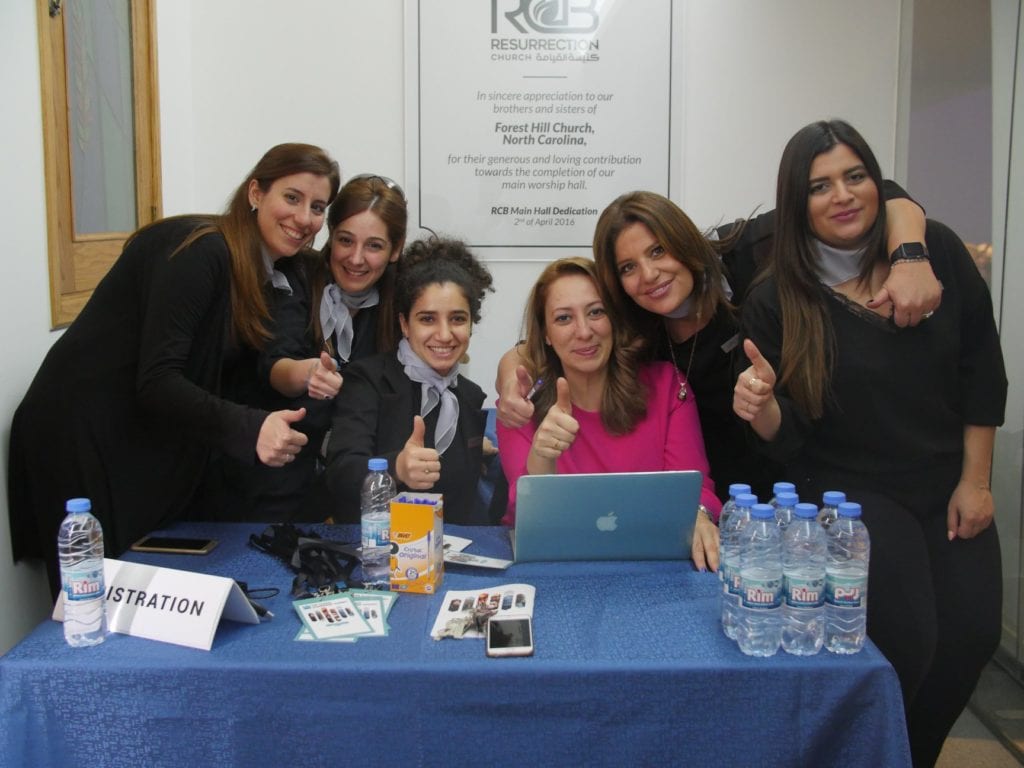
I also want to ask and encourage you to keep on praying for GLS in all these countries around the world that are hosting the event. I know this wouldn’t have been done without your support and your faith. So from my heart, I want to thank every one of you who are supporting the Summit. Keep on supporting it financially, through your prayers, through your work and time. More leaders are coming and growing. Countries are being changed. Churches are being changed. Society is being changed.
If we don’t raise leaders today, and if we don’t work on developing leaders today, the world will be in a much worse place tomorrow. This is a great commission you are doing and we are doing with you in raising and equipping leaders every year. Thank you from my heart.

As the president of Catalyst, Tyler Reagin oversees a leadership development organization that exists to unify and equip church leaders. In his new book, The Life-Giving Leader, Reagin shares from his own experience what it takes to become a leader who brings life to the people they lead.
WCA: What does it mean to be a life-giving leader?
TYLER REAGIN: Life-giving leaders choose to let life flow from them to those around them. When you have more concern about tasks than people, you end up requiring life from a those around you. The flow of life will be in the wrong direction. As believers in Jesus, we have the ultimate Life-Giver pouring into us, and how we choose to lead will show the overflow of Jesus in our lives.
WCA: In this book, you say how we lead affects people’s faith. Why do you believe that is?
REAGIN: I don’t know very many people who have walked away from Jesus because of Jesus. However, I do know many who have walked away from Jesus because of those who represent Him. We have a divine directive to lead in a way that brings life to those around us because we represent Jesus to the world. It doesn’t matter if you are the best communicator or preacher in the world if the words you say on Sunday don’t match your life on Monday. Our lives and our leadership must be integrated with the faith we believe.
WCA: You write, “As followers of Jesus and representatives of the Gospel, we have been given a divine direction to lead well.” How do we rise to this higher standard of leadership?
REAGIN: It starts with seeing every person as an image-bearer of God. We often say at Catalyst, “People are not an interruption to our day, they are our day. They are why we do what we do.” Leadership that puts others first is a higher standard of leadership. It speaks to the intrinsic value of each person and that they are worth our attention and best.
People are not an interruption to our day, they are our day. They are why we do what we do.
WCA: You write, “As leaders and team builders, we have to put leaders in positions that are life-giving for them.” How do you do that?
REAGIN: Jim Collins refers to this as getting your people in the right seats on the bus. You, as the leader, have a responsibility to know your team well enough to know the right seat for each person. Personality assessments like RightPath and Enneagram can help you determine the wiring of your team. Let’s be honest—there is no perfect job. That’s why we have to fight for each team member to have roles that are consistent with their God-given wiring. When this happens and you have an entire team firing on all cylinders, you will experience what very few experience—a healthy, high-performing, life-giving team!
WCA: The temptation to overwork seems to be a challenge—even for leaders who seek to be life-giving. How do you manage stress?
REAGIN: I’ll be honest. This chapter in the book is still one of the hardest for me in my own life. I remember hearing Dr. Sam Chand talk about stress. He said, “Stress will relieve itself one way or another. Either you choose how it releases (with hobbies, friendships, exercise, etc.) or it will choose.” When stress chooses, we lose. Healthy leaders realize that the hills and valleys of life will require us to have balance in our lives: boundaries, friendships, diet and other healthy patterns to survive the ups and downs without losing the battle.
WCA: Why is surrender such an essential quality for great leaders?
REAGIN: I remember hearing Bob Goff talk about a palms-up approach to life. It’s difficult to be defensive or control something when you posture your palms up. It’s a position of surrender. Surrender forces us to look past our own expectation and experience and choose to let go. Trust is hard, but critical. Trust in things unseen. Trust in giving up what I want in the moment for God’s plan. Life-giving leaders do this. They surrender to the bigger plan. God’s plan. God’s plan always includes what’s best for people.
Trust is hard, but critical. Trust in things unseen. Trust in giving up what I want in the moment for God’s plan.
WCA: You write that a life-giving leader leaves a legacy. What does that look like?
REAGIN: La Poudre Pass is a very small stream that starts in Northern Colorado. That little stream flows southward and is joined by many other streams and tributaries forming the amazing Colorado River. If that little stream was blocked or diverted inappropriately, we never would have had the legacy of the Grand Canyon. Our leadership journey always starts small. So the question is simple. Is life flowing from you as a leader? Or are you requiring life from those around you?
Let’s leave a God-sized legacy by leading from our truest selves and bringing life to others.
To learn more about becoming a Life-Giving Leader, check out Tyler Reagin’s book here.
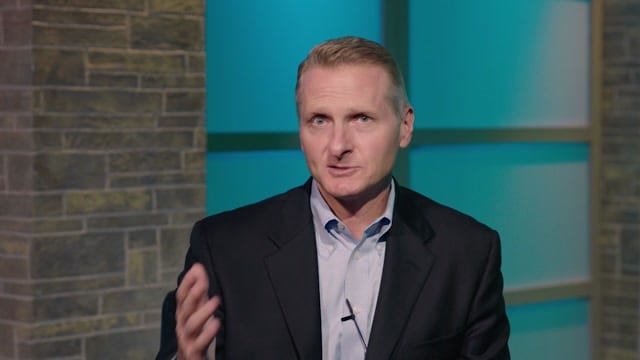
John Venhuizen shares his method for making quality decisions.
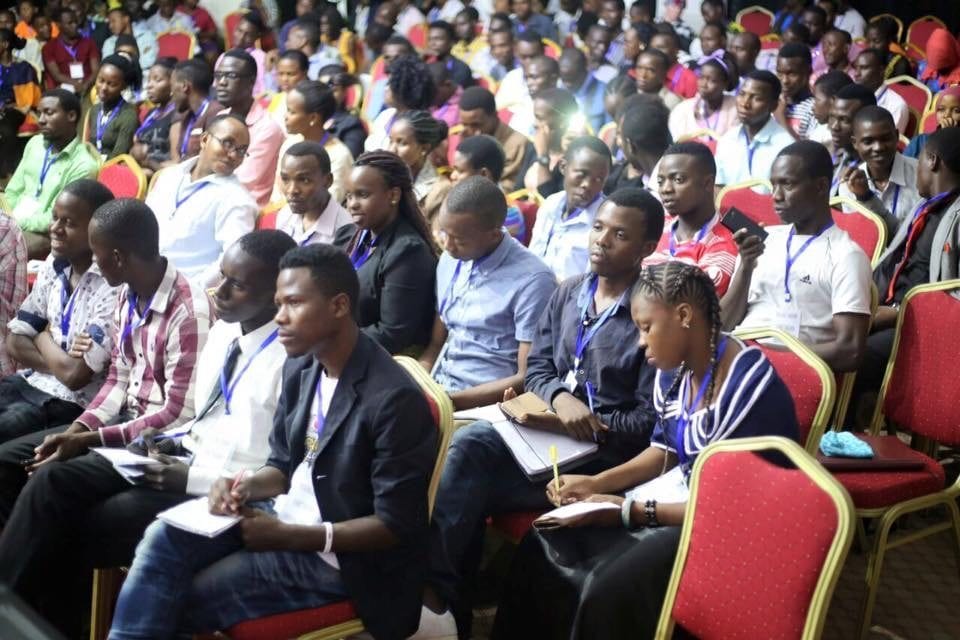
When I attended the Summit, God started whispering to my heart about how I can reach youth and the millennial generation. The average age of a Tanzanian is 17 years, so most of the population is young.
My vision is to reach more young men and women so they can learn about leadership and can develop their leadership skills. Everyone wins when a leader gets better, so if these young men and women get better as leaders, I believe the economy in Tanzania is going to thrive even more than it is now.
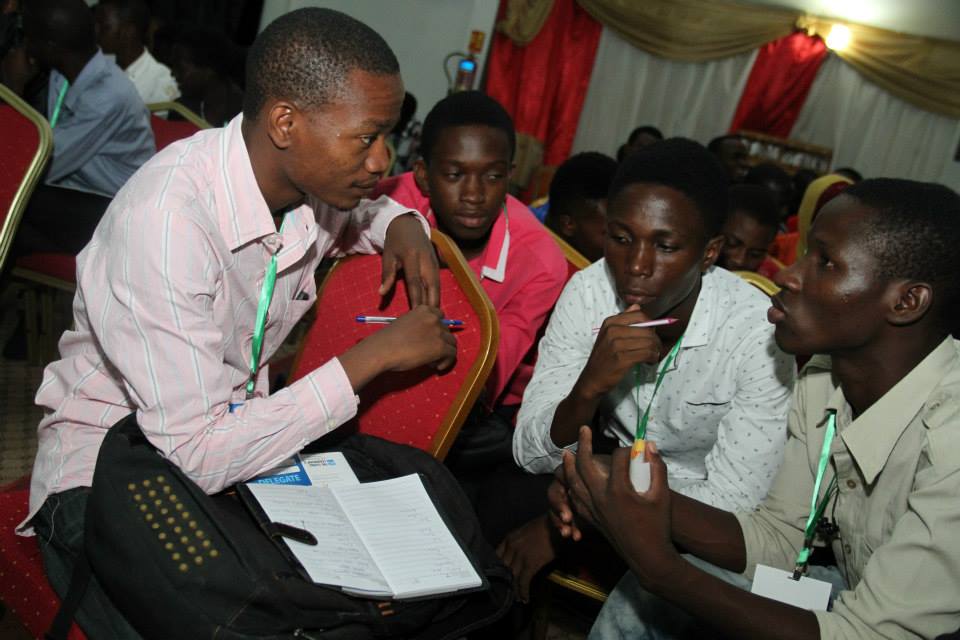
My passion for youth started in 2014. In 2013, we started the GLS in my country, and we only had one single site. But in 2014, we started a GLS for emerging leaders. We planned for about 400 youth to come, but the day before the Summit, more than 600 had registered! That level of passion thrilled me, so since that time, we’ve been reaching out to youth and to the universities.
There has been so much change in the youth as a result. We have a 68 percent retention rate of people attending the GLS. Additionally, four out of ten leaders are saying they are applying the GLS techniques and tools that they’ve learned. This is really great.
We know employment is an issue, and if we don’t prepare our young people to be competent in those jobs, especially at the level of leadership, we won’t be able to grow.
Tanzania has the fastest economic growth in Africa. Our national agenda is to become an industrialized country.
Industry means employment. When you talk about employment, you talk about youth. When you talk about youth, you talk about production. You need good people to work in good industries. That’s our national agenda, and our president is supporting the industrialization of the country.
We know employment is an issue, and if we don’t prepare our young people to be competent in those jobs, especially at the level of leadership, we won’t be able to grow.
The hardest thing about pursuing this vision is reaching out to people to provide this knowledge. The government is trying to develop the country, making sure we have health facilities, infrastructure and roads. But that knowledge gap is not something that is resolved in schools or at the family level—it has to be done at a place like the GLS.
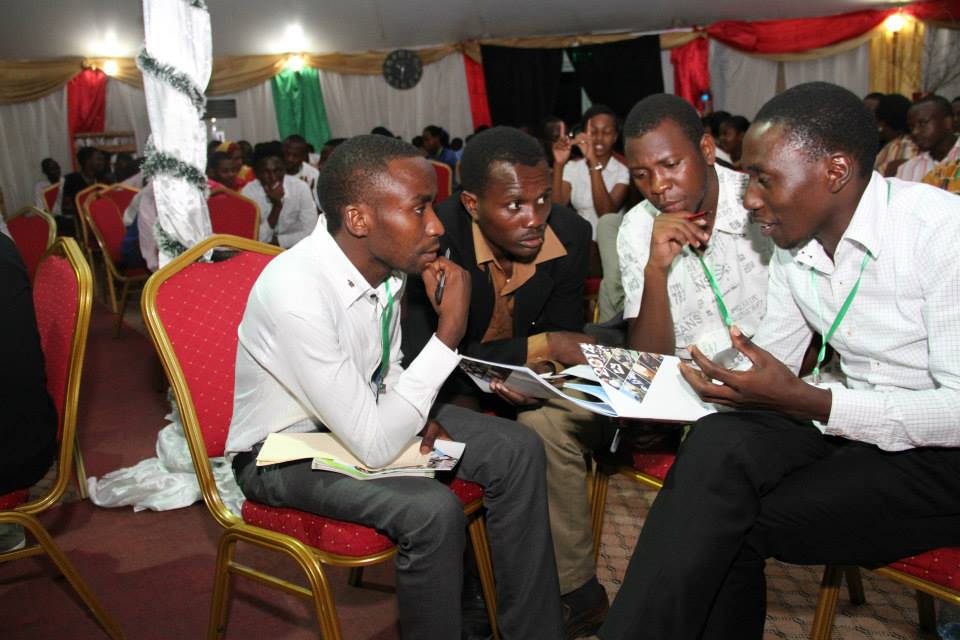
If we want our people to take part in reforming the economy, we need to give them the right knowledge. I know they need good health, good education and good infrastructure, but the leadership quotient is not taught at the school, it’s not taught in the church; it’s taught at the GLS where world class leaders come together and share their story, their experience and their insight.
The number one reason people should attend the GLS is because of the impact it has. Number two is the skill set they are going to learn. Number three is because the target agenda of the country is industrialization.
Your financial support has been so helpful, especially in Tanzania. You have taken the GLS to where it has never been before. Thank you very much!

A few years ago, I published a book called Ethics 101. In it, I proposed that ethics was not a changeable thing, based on your situation or personality or industry. Instead, I explained that I believe that ALL ethics boils down to one thing: The Golden Rule. Essentially, asking the question, “How would I like to be treated?” is an integrity guideline for ANY situation.
Did you know that in the American marketplace today, 70% of those who leave their jobs do so because they do not feel valued? Don’t you want others to accept you for who you are and show you through their actions that you matter? Valuing others, not for what they can do but simply because they are human beings, is the foundation of ethics.
Valuing others, not for what they can do but simply because they are human beings, is the foundation of ethics.
Closely related to the need to be valued and loved is the desire to be appreciated for what we can do. Don’t you want to excel and achieve? Knowing that what you do matters builds your self-confidence and self-worth.
How do we express appreciation? Begin by thanking people at every opportunity. Give credit to others. And make a point of praising people in the presence of those close to them, like family members. Broadway producer Billy Rose shrewdly observed, “It’s hard for a fellow to keep a chip on his shoulder if you allow him to take a bow.”
George MacDonald said, “To be trusted is a greater compliment than to be loved.” Think about it: Good marriages, business relationships and friendships all require trust. Without it, you don’t have open and honest communication, and the relationship can be only temporary.
It takes a leap of faith to put your trust in another person, especially someone you don’t know well. But as Henry L. Stinson said, “The only way you can make a man trustworthy is by trusting him; and the surest way to make him untrustworthy is to distrust him and show your distrust.”
When others trust me, I receive responsibility and authority. When others respect me, it touches something deeper within me. It gives me dignity and builds my confidence. As Arnold Glasow said, “The respect of those you respect is worth more than the applause of the multitude.” The respect of a leader gives people the freedom to perform at their best and the incentive to work with excellence. I can’t think of a more positive working environment.
The respect of a leader gives people the freedom to perform at their best and the incentive to work with excellence.
Charles Kettering said, “There is a great difference between knowing and understanding. You can know a lot about something and not really understand it.” Likewise, we can know a lot about a person and still not really understand them or why they do what they do.
But the desire to be understood is so strong that many disagreements can be resolved simply when one party (or both) gets the sense that they’ve been understood. Understanding others means extending yourself and meeting them where they are. You must put the burden of connecting on yourself, not on them.
We can cut through almost all of the ethical and moral dilemmas of life by observing this principle with others. If anyone could interpret what I do as taking advantage of them, then my actions are probably a bad idea.
This article originally appeared in www.JohnMaxwell.com.
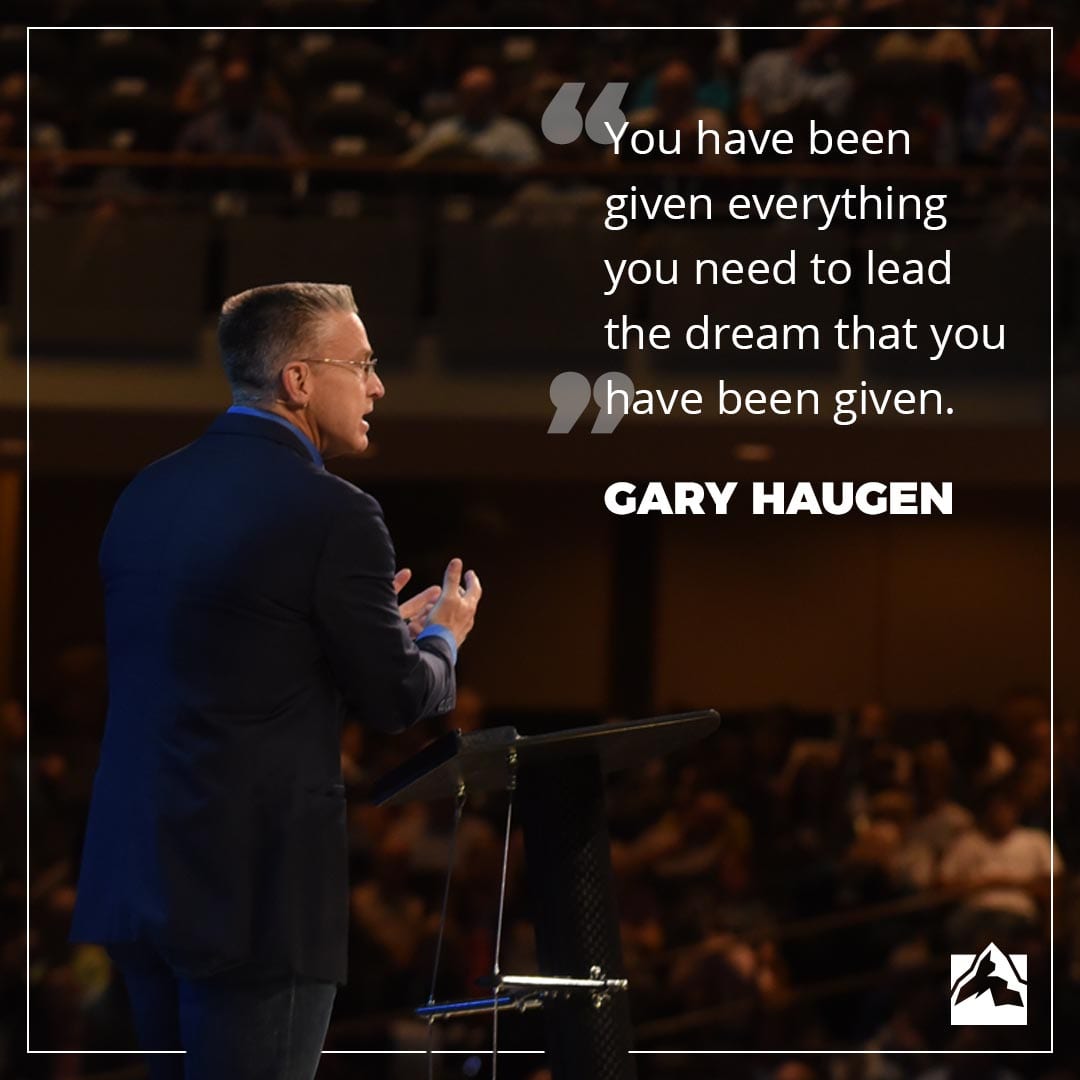
You have been given everything you need to lead the dream that you have been given.
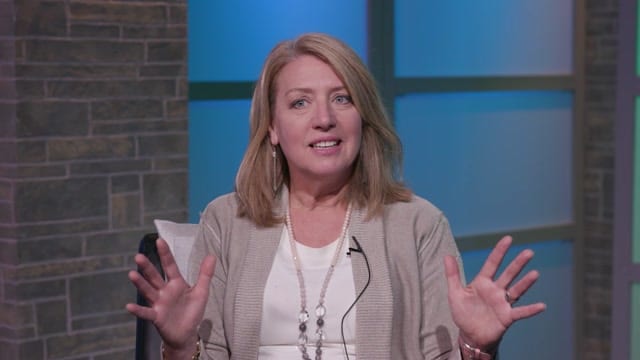
Liz Wiseman describes a key practice of Multiplier leaders who successfully empower others.
“We welcome and encourage comments on this site. There may be some instances where comments will need to be edited or removed, such as:
If you have any questions on the commenting policy, please let us know at heretoserve@globalleadership.org”
Recent Comments